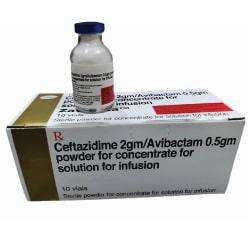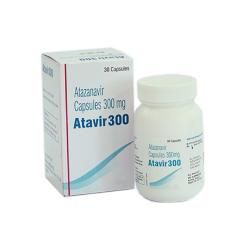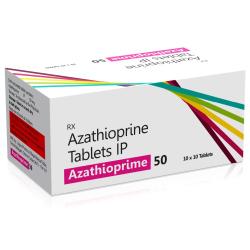Description
The combination drug consisting of Avibactam and Ceftazidime is used in adults and children (3 months and older) to treat specific infections, such as:
-
Complicated intra-abdominal infections (cIAI)
-
Complicated urinary tract infections, including kidney infections (cUTI)
-
Hospital-acquired pneumonia (HAP), including ventilator-associated pneumonia (VAP)
-
Bacterial infections in the bloodstream associated with or suspected to be linked with the mentioned infections.
It’s also employed for treating infections caused by certain bacteria in adults and children (3 months and older) when there are limited treatment options available.
However, it’s important to consider official guidance on the proper use of antibacterial medications before starting treatment with Avibactam and Ceftazidime.
Dosage and Side Effects
-
Dosage Calculation: The dosage for Avibactam and Ceftazidime in children is determined using the Schwartz bedside formula, a method based on a child’s kidney function.
-
Fixed Ratio: Avibactam and Ceftazidime Injection is a combination product with a fixed 4:1 ratio. Dosage recommendations are based on the ceftazidime component only.
-
Age and Kidney Function: There isn’t enough information to recommend a dosage for children under 2 years old with a certain level of kidney function (CrCL < 16 mL/min/1.73 m2).
-
Hepatic Impairment: Patients with liver issues do not need a dosage adjustment.
-
Pediatric Use: Safety and effectiveness of Avibactam and Ceftazidime haven’t been established in children under 3 months old. There’s no available data for this age group.
Avibactam + Ceftazidime, while effective against infections, poses risks. Hypersensitivity reactions, including severe allergies, may occur, warranting immediate discontinuation. Diarrhea, potential kidney issues, and rare blood-related concerns underline the need for close monitoring and swift medical attention if adverse reactions arise during treatment.
FAQ's
QWhat should I do if I experience a severe reaction while taking Avibactam + Ceftazidime?
A: If you experience a severe hypersensitivity reaction, such as difficulty breathing, swelling, or a severe rash, discontinue Avibactam + Ceftazidime immediately and seek emergency medical attention. It’s crucial to inform healthcare providers of any known allergies or previous reactions to antibiotics.
Q: How can I tell if diarrhea experienced during or after Avibactam + Ceftazidime treatment is due to a Clostridioides difficile infection?
A: Diarrhea during or following Avibactam + Ceftazidime treatment should be evaluated for Clostridioides difficile infection. It’s essential to notify healthcare providers promptly if diarrhea occurs. If diagnosed, discontinuation of Avibactam + Ceftazidime and appropriate treatment for the infection should be considered to prevent further complications.






